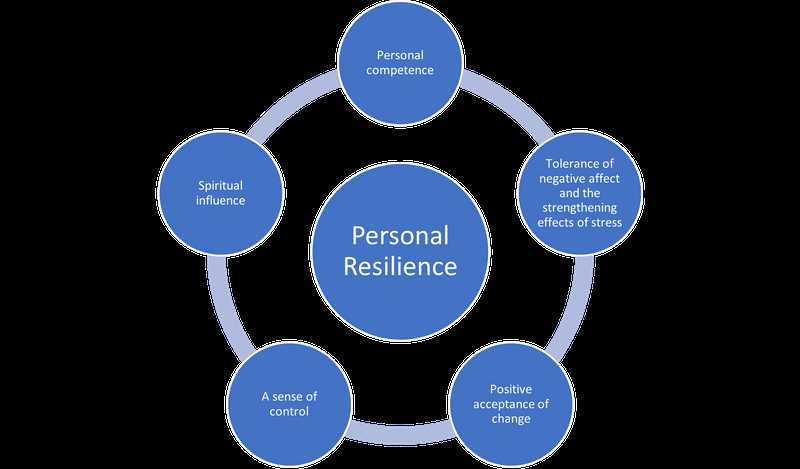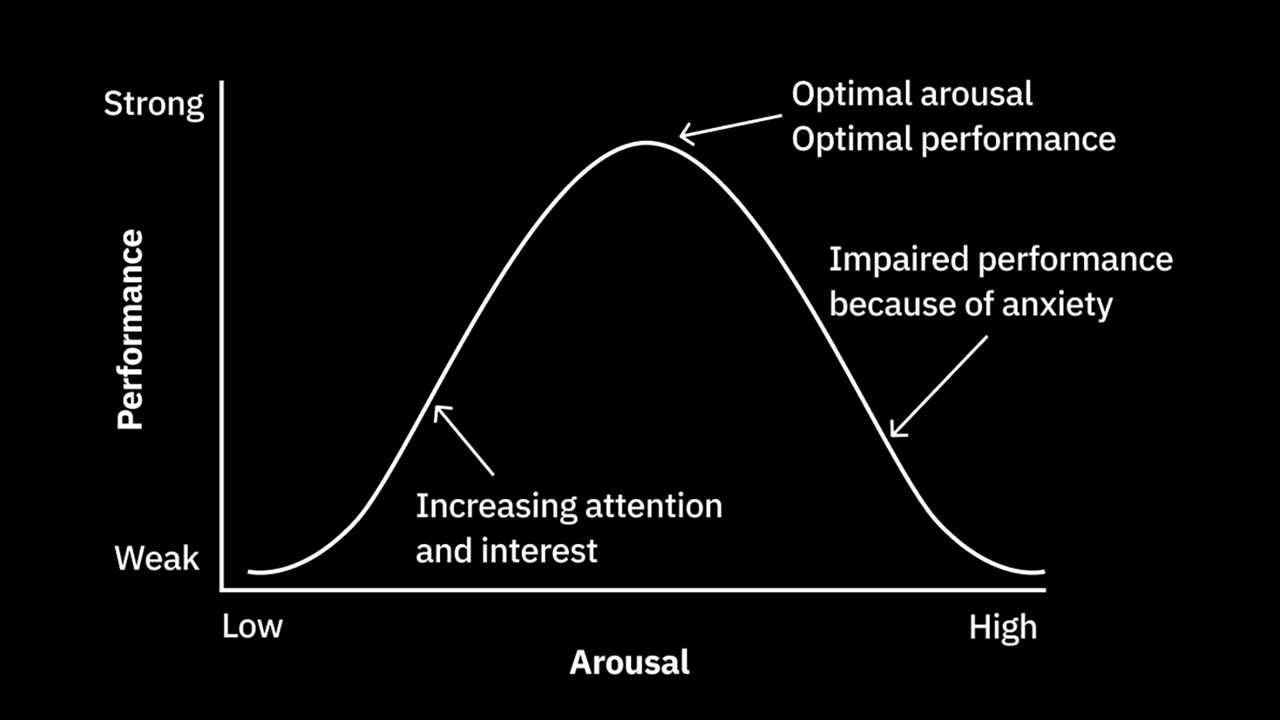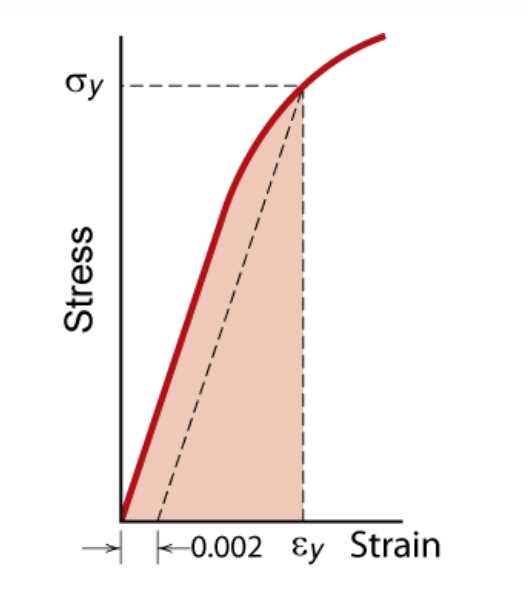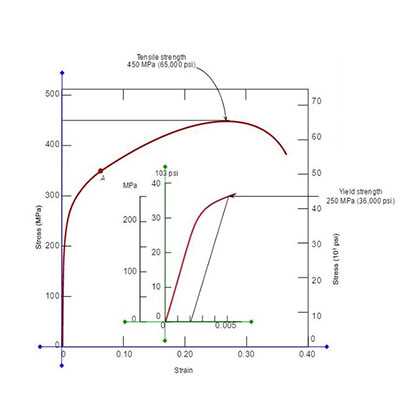
Resilience, often seen as a positive trait, can sometimes have negative consequences. While resilience is generally associated with the ability to bounce back from adversity and handle stress effectively, it can also lead to negative stress and strain.
When individuals are highly resilient, they may take on more responsibilities and challenges than they can handle. This can result in an overwhelming amount of stress and strain, as they constantly push themselves to meet high expectations and overcome obstacles.
Negative stress and strain can also occur when individuals rely too heavily on their resilience without taking the time to rest and recharge. While being resilient can help in difficult situations, constantly being in a state of high alert and constantly pushing oneself can lead to burnout and exhaustion.
It is important to recognize that while resilience is a valuable trait, it is not a limitless resource. It is crucial for individuals to prioritize self-care and set boundaries to prevent negative stress and strain from taking a toll on their mental and physical well-being.
Understanding Resilience
Resilience is the ability to bounce back and adapt in the face of adversity, strain, and stress. It is a psychological and emotional strength that allows individuals to cope with difficult situations and challenges. Resilience can be seen as a positive trait that helps individuals overcome obstacles and thrive in the face of adversity.
However, it is important to note that resilience can also have negative effects. When individuals are constantly exposed to high levels of strain and stress, their resilience can be depleted, leading to negative outcomes. This can manifest as burnout, physical and mental health issues, and decreased overall well-being.
It is crucial to understand that while resilience can be a valuable asset, it is not an unlimited resource. Just like any other aspect of our mental and emotional well-being, resilience needs to be nurtured and maintained. This involves self-care, setting boundaries, and seeking support when needed.
Furthermore, it is essential to recognize that not all stress and strain is negative. Some level of stress can be beneficial and even necessary for personal growth and development. It is when stress becomes overwhelming and chronic that it can have detrimental effects.
In conclusion, while resilience can be a powerful tool for navigating difficult situations, it is important to be mindful of its limitations and potential negative effects. By understanding resilience and taking steps to maintain it, individuals can better manage stress and strain, leading to improved overall well-being.
Definition and Importance of Resilience

Resilience refers to the ability of an individual to adapt and bounce back from adversity, stress, or negative events. It is the capacity to withstand and recover from difficult experiences, setbacks, and challenges.
Resilience is not about avoiding stress or strain altogether, but rather about facing and managing them effectively. It involves developing skills and strategies to cope with and overcome obstacles, as well as maintaining a positive mindset and outlook.
Resilience is important because it can help individuals navigate through life’s ups and downs more effectively. It enables them to withstand and overcome the negative effects of stress and strain, and emerge stronger and more capable.
Resilience can be cultivated and strengthened through various means, such as developing a support network, practicing self-care, maintaining a sense of purpose and meaning, and cultivating positive thinking and mindset.
In conclusion, resilience is a crucial trait that can help individuals thrive in the face of adversity. It is the ability to bounce back from negative experiences and emerge stronger and more resilient. By developing resilience, individuals can better manage stress and strain and lead happier and more fulfilling lives.
Factors Influencing Resilience

Resilience can be influenced by a variety of factors, both positive and negative. While resilience is generally seen as a positive trait, it is important to recognize that negative stress and strain can also play a role in shaping resilience.
One factor that can influence resilience is the presence of a strong support system. Having a network of supportive friends, family, and colleagues can provide individuals with the resources and encouragement they need to bounce back from adversity. On the other hand, a lack of social support can make it more difficult for individuals to cope with stress and can hinder their ability to develop resilience.
Another factor that can impact resilience is the presence of negative life events. Experiencing trauma, loss, or other major challenges can test an individual’s resilience and push them to their limits. However, going through these difficult experiences can also provide an opportunity for personal growth and the development of resilience.
Individual characteristics and traits can also play a role in shaping resilience. Some individuals may naturally possess traits such as optimism, self-confidence, and a sense of purpose, which can contribute to their ability to cope with stress and adversity. On the other hand, individuals who have low self-esteem, a negative outlook, or a lack of confidence may struggle to develop resilience.
Lastly, the environment in which individuals live can also influence their resilience. Factors such as socioeconomic status, access to resources, and cultural norms can all impact an individual’s ability to cope with stress and adversity. For example, individuals who live in poverty may face greater challenges and may have fewer resources available to them, making it more difficult to develop resilience.
In conclusion, while resilience is generally seen as a positive trait, it is important to recognize that negative stress and strain can also play a role in shaping resilience. Factors such as social support, negative life events, individual characteristics, and the environment can all influence an individual’s ability to cope with adversity and develop resilience.
Benefits of Resilience

Resilience is often associated with the ability to bounce back from negative experiences and adapt to stressful situations. It can be a powerful tool in managing stress and preventing it from turning into strain.
One of the main benefits of resilience is its ability to help individuals maintain a positive mindset and outlook, even in the face of adversity. Resilient individuals are better equipped to handle challenges and setbacks, as they have developed coping mechanisms that allow them to stay focused and motivated.
Resilience also plays a role in improving mental health. By building resilience, individuals can develop a stronger sense of self-esteem and self-confidence, which can help reduce anxiety and depression. Resilience can also enhance problem-solving skills, allowing individuals to find effective solutions to stressful situations.
Furthermore, resilience can have a positive impact on physical health. Research has shown that resilient individuals tend to have lower levels of stress hormones, such as cortisol, which can be harmful to the body when chronically elevated. By managing stress effectively, resilience can help prevent the negative physical effects of stress, such as cardiovascular problems and weakened immune system.
In summary, resilience has numerous benefits in managing stress and preventing it from turning into strain. It can help individuals maintain a positive mindset, improve mental health, enhance problem-solving skills, and promote better physical health. Developing resilience is a valuable skill that can contribute to overall well-being and quality of life.
The Dark Side of Resilience

While resilience can be a valuable trait in navigating through difficult situations, it is important to recognize that it can also have a dark side. The constant pressure to bounce back and overcome challenges can lead to increased strain and stress on individuals.
Resilience, by its nature, requires individuals to constantly adapt and persevere in the face of adversity. While this can be beneficial in the short term, it can also lead to chronic stress and burnout. The relentless pursuit of resilience can push individuals to their limits and result in negative physical and mental health consequences.
Furthermore, the societal expectation for individuals to be resilient can create a culture where stress and strain are normalized. This can perpetuate a cycle of unhealthy coping mechanisms and prevent individuals from seeking support or taking the necessary steps to address their well-being.
It is crucial to strike a balance between resilience and self-care. Recognizing when stress and strain become overwhelming and taking proactive steps to manage them is essential. Building resilience should not mean sacrificing one’s well-being, but rather finding healthy ways to navigate challenges and prioritize self-care.
In conclusion, while resilience can be a powerful tool, it is important to acknowledge that it can have negative consequences if not managed properly. By understanding the dark side of resilience and taking steps to address it, individuals can cultivate a healthier approach to overcoming challenges and maintaining their well-being.
Resilience and Chronic Stress

Resilience, the ability to bounce back from adversity, is often seen as a positive trait that can help individuals overcome challenges and thrive in the face of stress. However, it is important to recognize that even resilience has its limits, and chronic stress can have negative effects on both mental and physical well-being.
Chronic stress refers to the ongoing, long-term exposure to stressors that can lead to physical and psychological strain. While resilience can help individuals cope with acute stress and recover quickly, it may not be enough to protect against the negative impact of chronic stress.
When faced with chronic stress, the body’s stress response system can become overworked and exhausted, leading to a state of constant arousal. This can result in a range of physical symptoms, such as headaches, digestive issues, and weakened immune function. Additionally, chronic stress can take a toll on mental health, increasing the risk of anxiety, depression, and burnout.
While resilience can help individuals navigate through difficult times, it is important to also address the underlying causes of chronic stress. This may involve making lifestyle changes, seeking support from friends and family, or seeking professional help. By addressing chronic stress and building resilience, individuals can better protect their well-being and prevent the negative impact of stress and strain.
In conclusion, while resilience is an important trait that can help individuals overcome challenges, it is not a guarantee against the negative effects of chronic stress. It is crucial to recognize the signs of chronic stress and take steps to address its underlying causes in order to protect both mental and physical well-being.

I am Patrina de Silva, a psychologist and mental health blogger in Sri Lanka. After obtaining psychology degrees from the University of Colombo and Monash University, I returned home to work as a counselor while also starting the popular blog “Pressy but Happy” to provide advice on psychological issues. Over the past decade, my empathetic articles have made my blog a leading mental health resource in the country. In addition to writing, I maintain a private therapy practice, frequently volunteer counseling time, and conduct seminars, driven by my passion for destigmatizing mental illness and educating the public on the mind-body connection. I strive to be an influential voice in my field through my compassionate approach.
